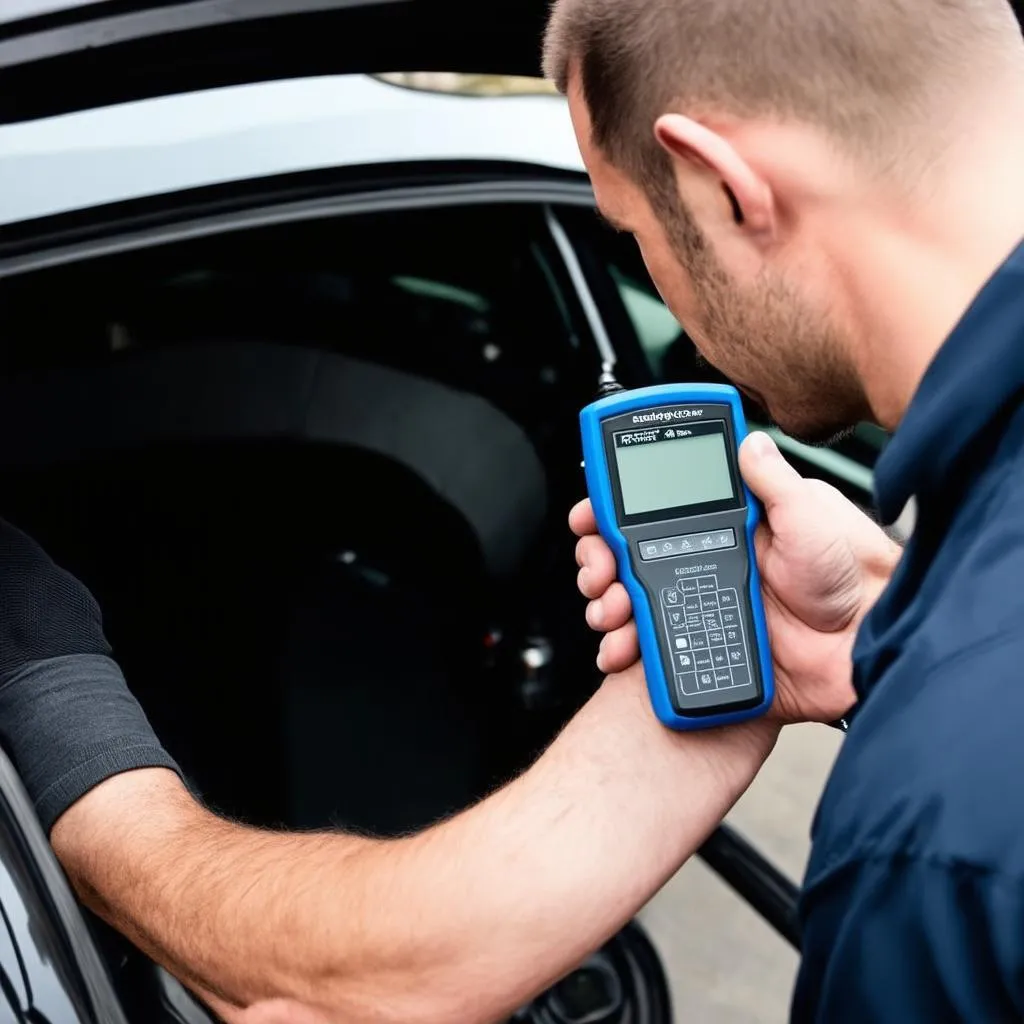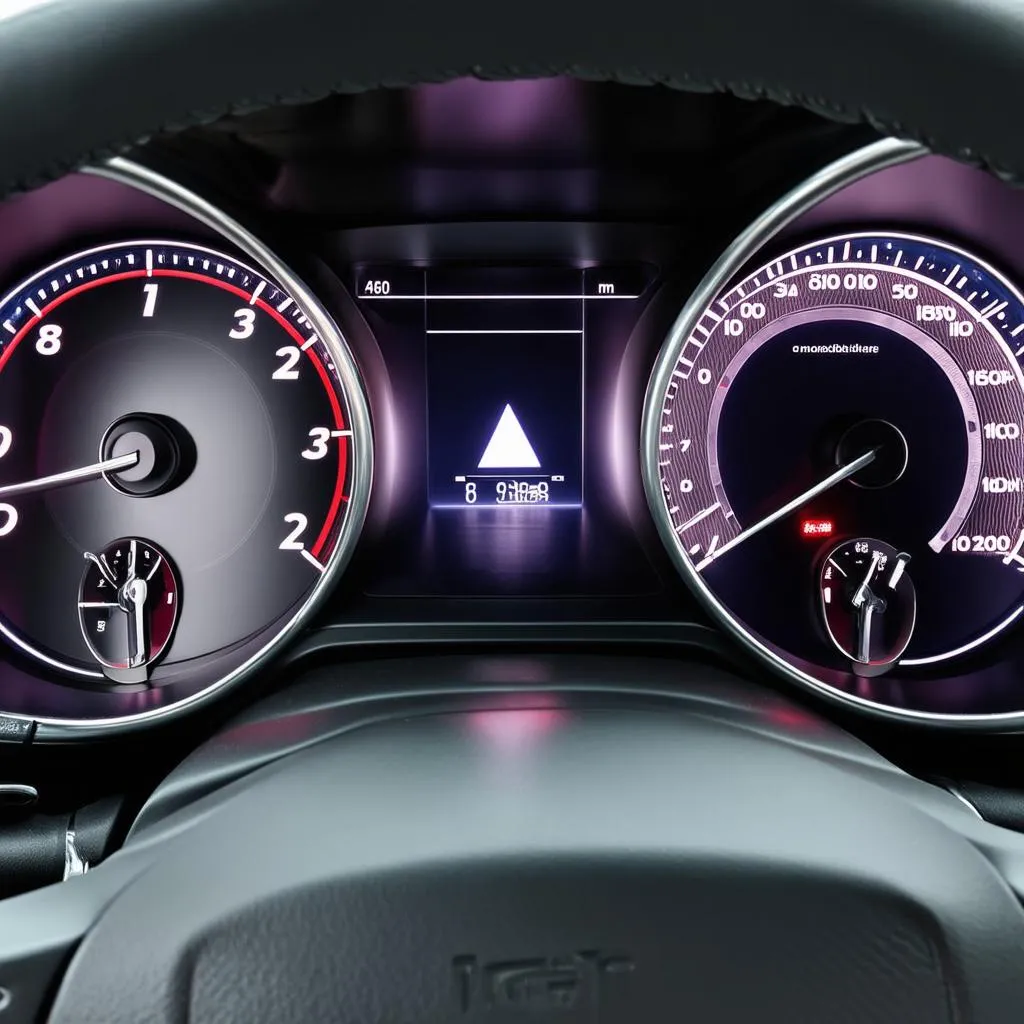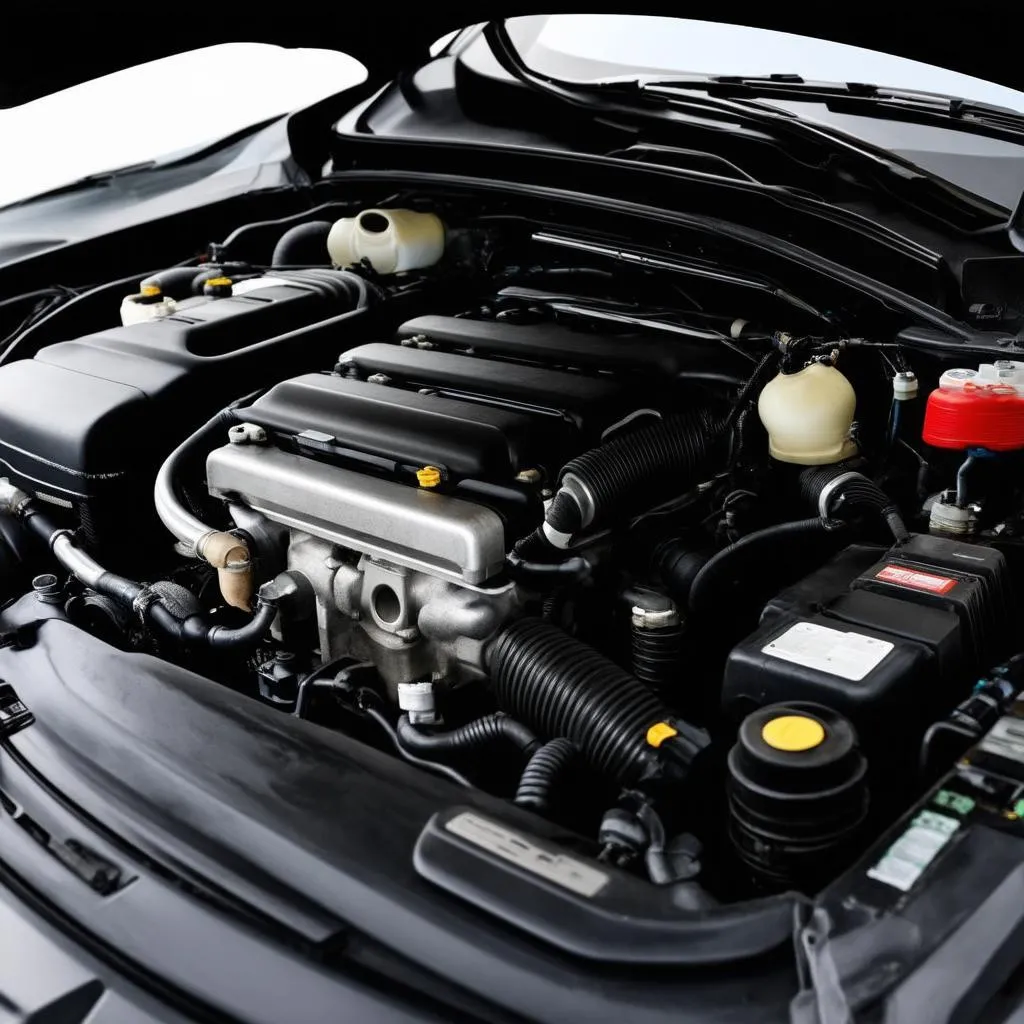Have you ever wondered what your car is trying to tell you? Perhaps you’ve noticed a strange light on your dashboard or your engine isn’t running as smoothly as it used to. You might even be a seasoned mechanic, but some car problems are more complex than others. This is where Obds (On-Board Diagnostics) come in. This powerful tool is like a “translator” for your car, helping you understand what’s going on under the hood.
The Meaning of OBDs: Unraveling Your Car’s Secrets
Think of OBDs as your car’s personal diary – it keeps track of everything, from its health and performance to any issues it’s facing. OBDs use a network of sensors that continuously monitor various aspects of your vehicle, providing real-time data about engine function, emissions, and overall car health. In fact, some believe the information gathered by these sensors is so valuable that it can provide a glimpse into the “soul” of the vehicle, revealing its true essence.
Understanding OBDs: Decoding the Language of Your Car
OBDs work by using a standardized communication protocol called SAE J1962 and SAE J1939 (for heavy-duty trucks). This protocol allows for data exchange between the vehicle’s computer and a handheld device (OBD scanner) used by mechanics. These scanners use specialized software to interpret the data collected by the vehicle’s sensors and display it in a user-friendly format.
Benefits of OBDs:
- Early Detection: OBDs can detect potential problems before they become major issues. Imagine it as getting a “heads up” from your car before it decides to break down on you.
- Faster Repairs: Being able to pinpoint the exact issue quickly saves you time and money on repairs.
- Environmental Impact: OBDs play a crucial role in reducing harmful emissions by ensuring your car is running efficiently.
- Enhanced Safety: OBDs can help detect potential safety hazards, allowing you to address them before they become serious.
FAQs about OBDs:
Q: Do I need an OBD scanner?
A: If you’re a seasoned mechanic or are comfortable diagnosing your car’s issues yourself, an OBD scanner can be a valuable tool. However, if you prefer to leave the technical work to professionals, your mechanic will have the necessary equipment.
Q: What type of car can I use OBDs with?
A: Most cars manufactured after 1996 are equipped with OBDII systems (the second generation of OBD). However, earlier models might require specialized scanners or adapters.
Q: What kind of information can I get from OBDs?
A: OBDs can provide information on:
- Engine speed
- Engine load
- Vehicle speed
- Coolant temperature
- Oxygen sensor readings
- Fuel pressure
- Emission control status
- Airflow rate
- Battery voltage
Q: What are some common OBD codes and their meanings?
A: Here are some common OBD codes and what they might indicate:
- P0171: System too lean (bank 1) – Could be due to a faulty oxygen sensor, air leak in the intake manifold, or a problem with the fuel pressure regulator.
- P0300: Random/Multiple cylinder misfire detected – This could point to faulty spark plugs, ignition coils, or fuel injectors.
- P0420: Catalyst system efficiency below threshold (Bank 1) – This could be a sign of a damaged catalytic converter, faulty oxygen sensors, or a problem with the fuel injectors.
Q: How can I use OBDs to improve my car’s performance?
A: OBDs can be used to adjust various parameters in your car’s computer, such as ignition timing and fuel-air mixture. This can help to optimize your car’s performance, improve fuel efficiency, and enhance overall driveability.
Q: Is there a connection between OBDs and the “soul” of my car?
A: While OBDs can reveal a lot about your car’s health and performance, there’s no scientific evidence to suggest they directly connect to the “soul” of a car. However, the detailed information they provide can help you understand your car’s true essence and build a deeper connection with it.
Q: What is the importance of “Feng Shui” in relation to OBDs?
A: Feng Shui, a Chinese philosophy focusing on balancing energy, isn’t directly related to OBDs. However, the concept of energy flow can be applied to a car’s performance and overall well-being. For example, a balanced and properly functioning engine might be considered “harmonious” in Feng Shui terms.
Conclusion:
OBDs are more than just a diagnostic tool; they’re a gateway to understanding your car’s language. By embracing OBDs, you can enhance your car’s health, ensure it runs efficiently, and potentially extend its lifespan. If you’re unsure about how to use an OBD scanner or need help interpreting the information it provides, don’t hesitate to consult with a qualified mechanic.
Want to learn more about OBDs and how to use them to diagnose your car’s issues? Contact us today at Whatsapp: +84767531508 and our expert technicians will be happy to assist you.
 obd_scanner
obd_scanner
 car_dashboard
car_dashboard
 car_engine
car_engine
